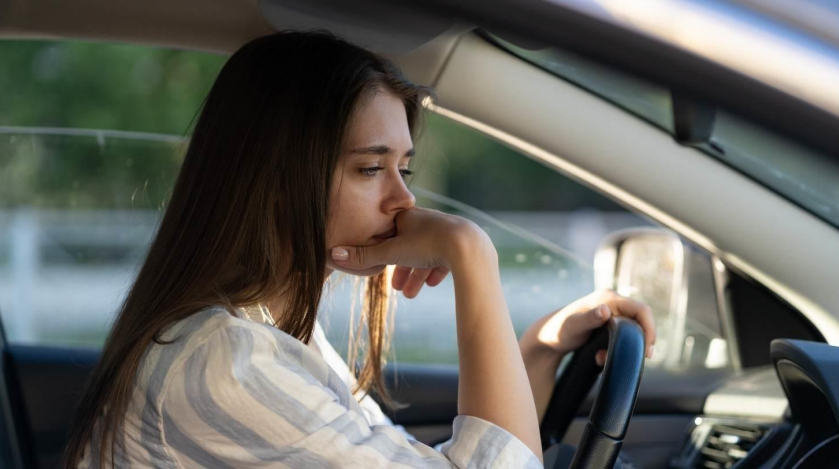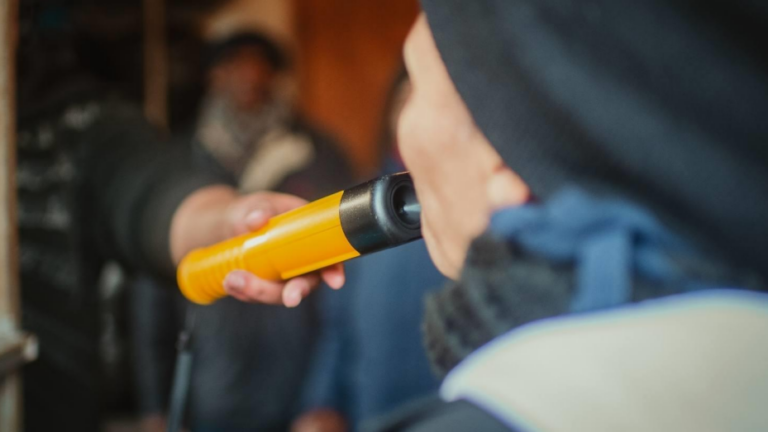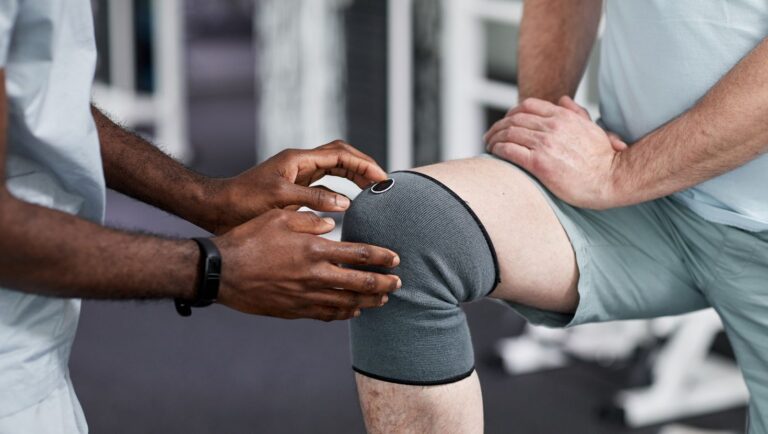Understanding the Different Types of Mental Trauma After a Car Accident
Mental Trauma: What to Expect Following an Accident
Mental trauma following a car accident can manifest in several ways, each with its own symptoms
and impact on the individual’s mental and emotional health. Understanding these distinct types of
trauma is critical for recognizing the need for proper care and support.
Below is a detailed guide to the most common forms of mental trauma experienced after a motor
vehicle accident, with Canadian statistics and resources where applicable.
1. Post-Traumatic Stress Disorder (PTSD)
PTSD is a well-known mental health condition that can develop after an individual experiences or
witnesses a life-threatening event, such as a car accident. Symptoms include flashbacks,
nightmares, anxiety, and a constant state of high alert. PTSD is particularly common among
survivors of severe accidents.
According to a study published in Canadian Family Physician, nearly 15% of motor vehicle accident
survivors in Canada develop PTSD after the crash. Treatment options include cognitive-behavioral
therapy (CBT) and medication, as recommended by mental health professionals.
2. Acute Stress Disorder (ASD)
ASD is similar to PTSD but occurs within the first month following the trauma. It is characterized by
feelings of intense fear, helplessness, or horror. While many individuals with ASD recover naturally
as their stress levels subside, some may develop PTSD if symptoms persist.
Early intervention is key to preventing long-term issues, and short-term therapy can be highly
effective in treating ASD. Research conducted by Statistics Canada shows that about 20% of
people involved in serious accidents report symptoms of ASD within the first month.
3. Depression
After a car accident, some individuals experience depression, which can include feelings of
hopelessness, guilt, or deep sadness that last for extended periods. This can be triggered by the
physical limitations and lifestyle changes caused by accident-related injuries.
Depression may manifest as loss of interest in daily activities, trouble sleeping, or a decrease in
overall energy. A Canadian study published in Psychiatric Services highlighted that depression
rates increase significantly among accident survivors, with approximately 17% experiencing
depressive symptoms following the incident.

4. Anxiety Disorders
Anxiety is one of the most common mental health consequences after a motor vehicle accident.
Many survivors report experiencing anxiety when driving or even being near cars after an accident.
Common symptoms include feelings of dread, rapid heartbeat, shortness of breath, and excessive
worrying. Anxiety disorders can take various forms, including generalized anxiety disorder (GAD),
panic disorder, and social anxiety. Anxiety Canada, a national organization, provides resources and
self-help tools for managing anxiety, especially for accident survivors.
5. Panic Attacks
For some accident victims, panic attacks may develop as part of their anxiety response. Panic
attacks can be extremely overwhelming, with symptoms including chest pain, sweating, dizziness,
and a sense of impending doom. These attacks can be triggered by reminders of the accident, such
as being in a car or hearing loud traffic noises.
According to the Canadian Mental Health Association (CMHA), people who experience panic
attacks after an accident may benefit from exposure therapy and relaxation techniques to regain a
sense of control.
6. Adjustment Disorder
Adjustment disorder occurs when someone struggles to cope with the aftermath of a car accident.
Symptoms include excessive worry, sadness, and difficulty adjusting to changes in life
circumstances due to injuries or trauma. This condition can interfere with daily life but is typically
short-term and can be treated with counseling and psychotherapy.
The Canadian Psychological Association notes that early intervention can help individuals develop
coping strategies and improve their ability to manage stress following a traumatic event.
7. Phobias
Car accident survivors may develop specific phobias related to driving or riding in vehicles. Known
as vehophobia, this condition can severely limit a person’s ability to travel or perform daily tasks.
Other accident-related phobias might include a fear of highways, intersections, or even certain
weather conditions. Phobias can be treated through exposure therapy and cognitive-behavioral
therapy (CBT), allowing individuals to slowly regain confidence behind the wheel.
8. Sleep Disorders
Insomnia and other sleep disturbances are common after a traumatic event like a car accident.
Victims may experience nightmares or find it difficult to sleep due to anxiety and hypervigilance.
Sleep disorders, if left untreated, can worsen other mental health issues like anxiety and
depression.
According to a report by Sleep Foundation Canada, about 30% of Canadians report trouble
sleeping after experiencing trauma, and car accident survivors are particularly vulnerable to these
sleep disruptions.

9. Substance Abuse
In some cases, individuals may turn to alcohol or drugs as a coping mechanism for dealing with
their emotional pain and trauma. Substance abuse, however, can worsen mental health conditions
and lead to dependency issues. It’s essential for accident victims to seek healthier coping
strategies, such as therapy or support groups, to avoid falling into destructive habits.
10. Cognitive Impairment
A traumatic brain injury (TBI) caused by a car accident can lead to cognitive issues, including
memory loss, difficulty concentrating, and impaired judgment. This form of trauma can have a
significant impact on daily functioning and overall quality of life.
According to Brain Injury Canada, approximately 50,000 Canadians sustain brain injuries each
year, many of which result from motor vehicle accidents. Cognitive rehabilitation therapy (CRT) is a
common approach used to help individuals recover cognitive functions after such injuries.
Mental trauma after a car accident can take many forms, from PTSD and anxiety to depression and
cognitive impairment. Recognizing these symptoms and seeking professional help is critical for
recovery.
In Canada, there are numerous resources, including therapy, support groups, and medical
treatments, to help individuals navigate their emotional recovery following an accident. If you or
someone you know is struggling with mental trauma after a crash, seeking professional help can
make a significant difference in your ability to heal.
Helping Injured Clients
For over 35 years, CLG Injury Lawyers have helped thousands of injured clients. We fight for your rights to receive the maximum compensation you deserve. Providing you the Peace of Mind to focus on your Road to Recovery. Our experienced personal injury lawyers offer a free, no obligation case evaluation.
For more articles and safety tips, go to https://clginjurylaw.ca/blog/ or subscribe to our newsletter.









